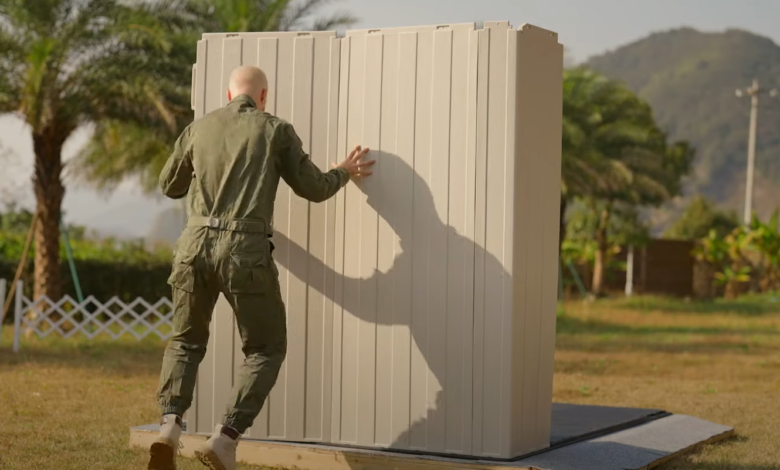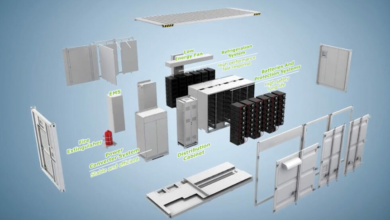Do I Need a Permit for a Prebuilt Shed?

Adding a shed to your backyard can be an exciting and practical decision. Whether you need extra storage, a gardening station, or a small workspace, prebuilt sheds are a popular choice thanks to their convenience and ease of installation. But before you roll up your sleeves and prepare to place your new plastic garden shed, there’s an important question to answer: Do you need a permit for a prebuilt shed?
The short answer is—it depends. Factors such as your location, the size of the shed, and your local zoning regulations will determine whether you need a building permit. Let’s walk through the essentials so you can move forward with confidence—especially if you’re considering a plastic shed with floor from a trusted brand like PatioWell.
Why Permits Matter
Permits ensure that any structure added to your property is safe, follows local building codes, and complies with zoning laws. This helps protect not only your home but also your neighbors and community. Failing to get the necessary permit could lead to fines, forced removal of the structure, or trouble when selling your home in the future.
Even though prebuilt sheds are considered temporary or movable structures, many municipalities still require permits—particularly if the shed exceeds a certain size or includes electrical wiring.
When You Don’t Need a Permit
In many regions, small sheds under 100 square feet do not require a permit—especially if they’re not connected to utilities. This is good news for homeowners who want to install a basic plastic garden shed for storing tools, outdoor gear, or seasonal decorations.
Here are common conditions that may exempt you from needing a permit:
- The shed is under a specific square footage (commonly 80–120 sq. ft., depending on local laws)
- The shed is under a certain height (usually around 10–12 feet)
- The shed is not used as a living space
- The shed has no electrical, plumbing, or HVAC systems
- The shed is placed on a temporary foundation, like gravel or pavers
Many of PatioWell’s plastic sheds with floor are designed with these requirements in mind, making them perfect options for quick and compliant installation.
When You Do Need a Permit
Even if your shed is small, you may still need a permit depending on local ordinances. Common scenarios where a permit is required include:
1. Larger Sheds
If your prebuilt shed exceeds the allowable size limit—say 120 sq. ft. or more—you’ll likely need a permit. Larger structures have greater potential impact on property drainage, safety, and zoning.
2. Sheds with Utilities
If your shed will be hooked up to electricity for lighting, charging tools, or even running a small heater or fan, a permit is usually mandatory. Electrical codes and inspections help prevent fire hazards and ensure safety.
3. Permanent Foundations
A shed placed on a concrete slab or anchored into the ground may be considered a permanent structure, which typically requires permitting. On the other hand, many plastic garden sheds like those from PatioWell come with integrated floors and can be installed on temporary, non-invasive bases.
4. Proximity to Property Lines or Other Structures
Even if your shed is small, zoning laws may restrict where it can be placed. For example, some cities require a shed to be at least 5–10 feet from property lines, fences, or your home. If your yard is tight, you may need to apply for a variance.
How to Check Your Local Requirements
The best way to find out whether you need a permit is to contact your city or county’s building department. Ask about:
- Shed size limits that require a permit
- Setback requirements (how far the shed must be from boundaries or buildings)
- Height restrictions
- Foundation and anchoring guidelines
- Utility hookup rules
You can often find this information online, but a quick call to your local office ensures you’re getting the most accurate and updated rules.
Benefits of Going with a Compliant, Brand-Backed Shed
Choosing a shed from a reputable brand like PatioWell offers peace of mind during the permitting process. PatioWell’s plastic sheds with floor are designed for quick, code-conscious installation, with models that fall within common non-permit requirements.
Plus, the durable plastic materials resist rot, rust, and pests—making them ideal for long-term outdoor use without triggering structural concerns from building inspectors.
And if you do need a permit, having a well-made, prebuilt shed from a recognized brand can make approval easier. Detailed product specs and installation guides from PatioWell can help streamline your application process.
Final Thoughts
So, do you need a permit for a prebuilt shed? The answer hinges on your local regulations, the shed’s size, use, and how it’s installed. For most smaller models—especially a plastic garden shed or plastic shed with floor—you may not need one at all. But always double-check your city or county rules before you build.
If you’re in the market for a reliable and attractive storage solution, PatioWell offers a wide range of prebuilt plastic sheds that combine style, strength, and smart design. Whether you’re looking to tidy up your tools, create a garden workspace, or extend your storage—there’s a PatioWell shed to match your needs.





